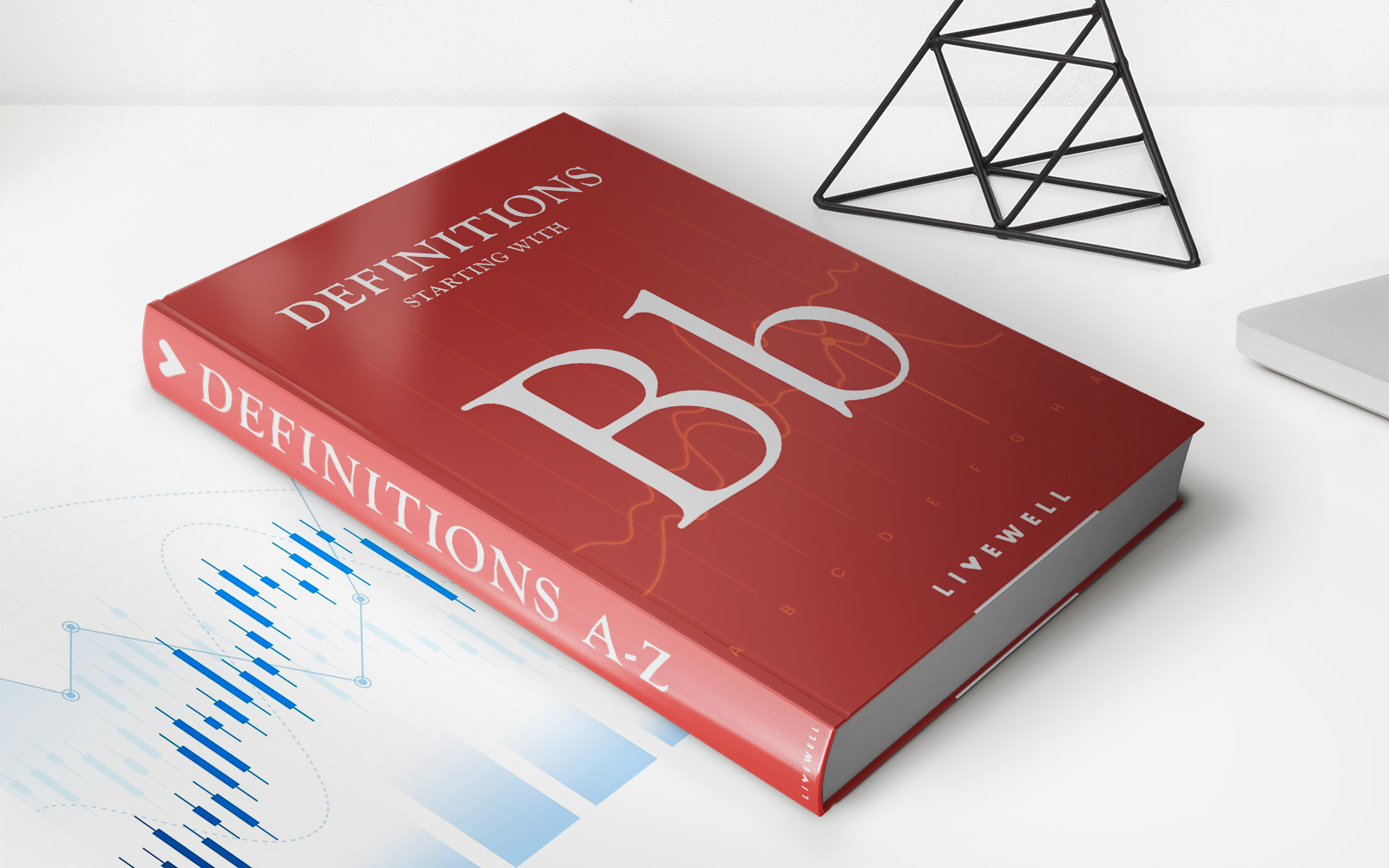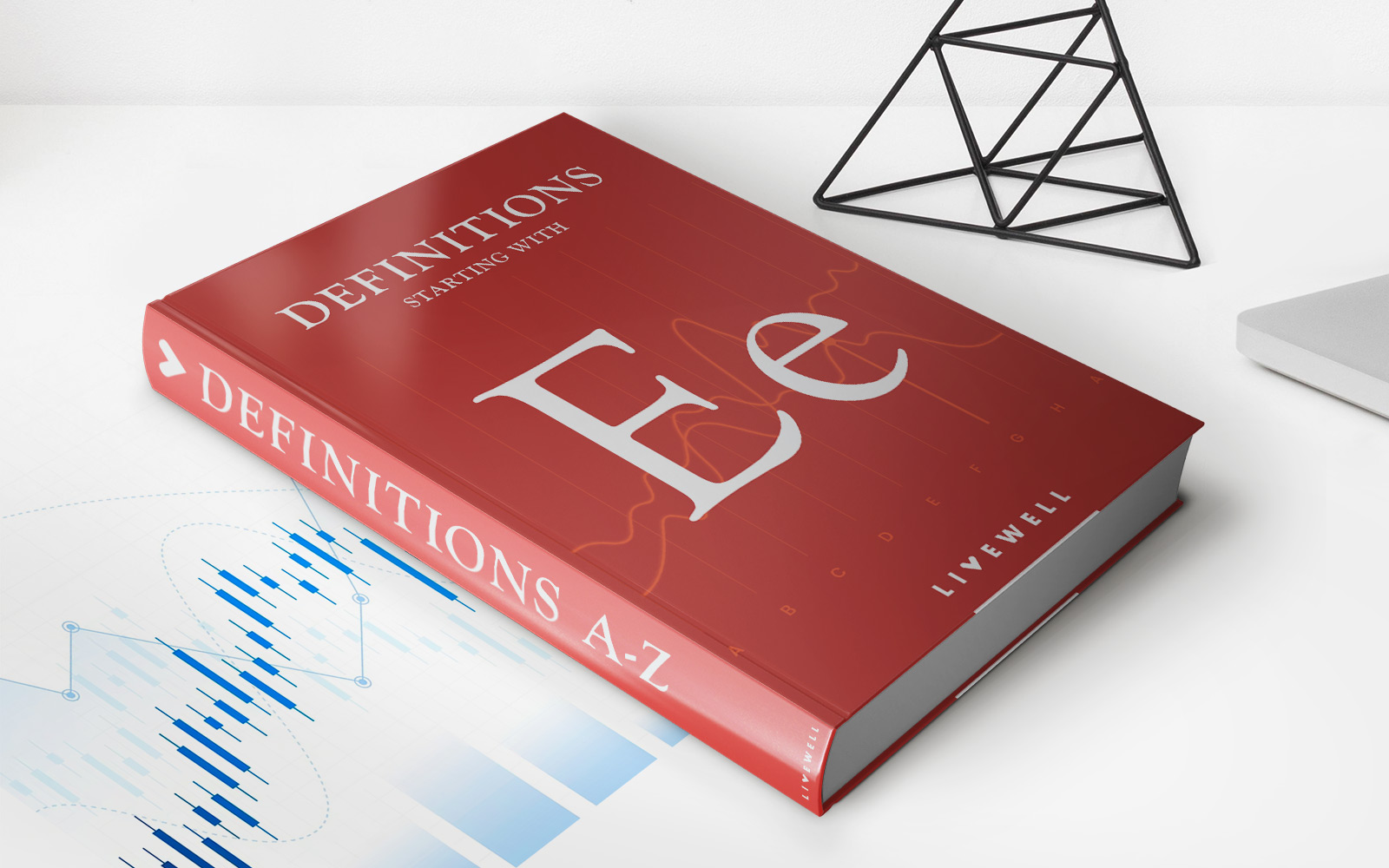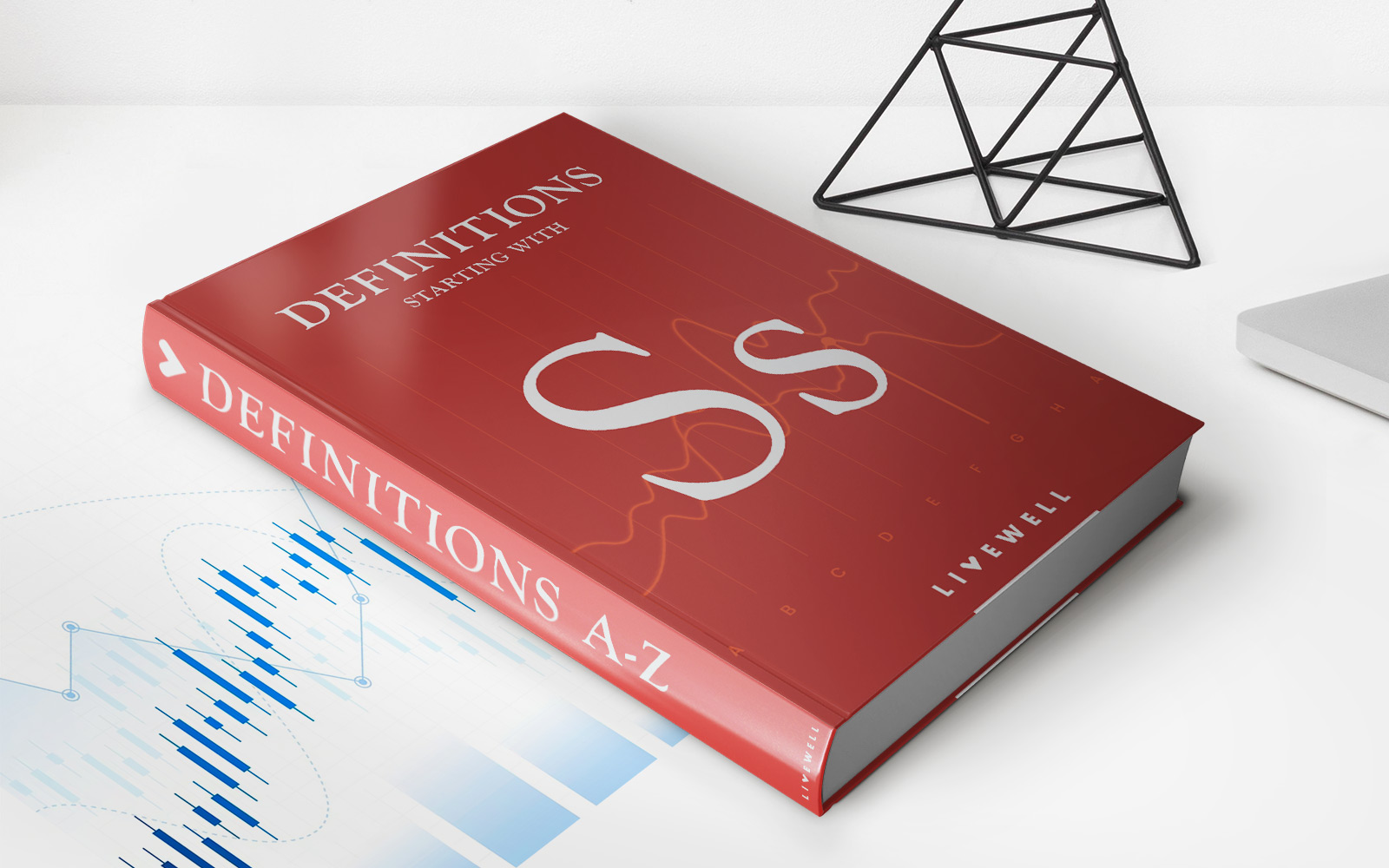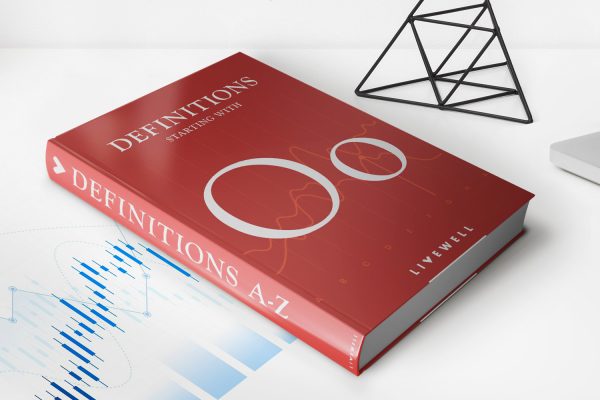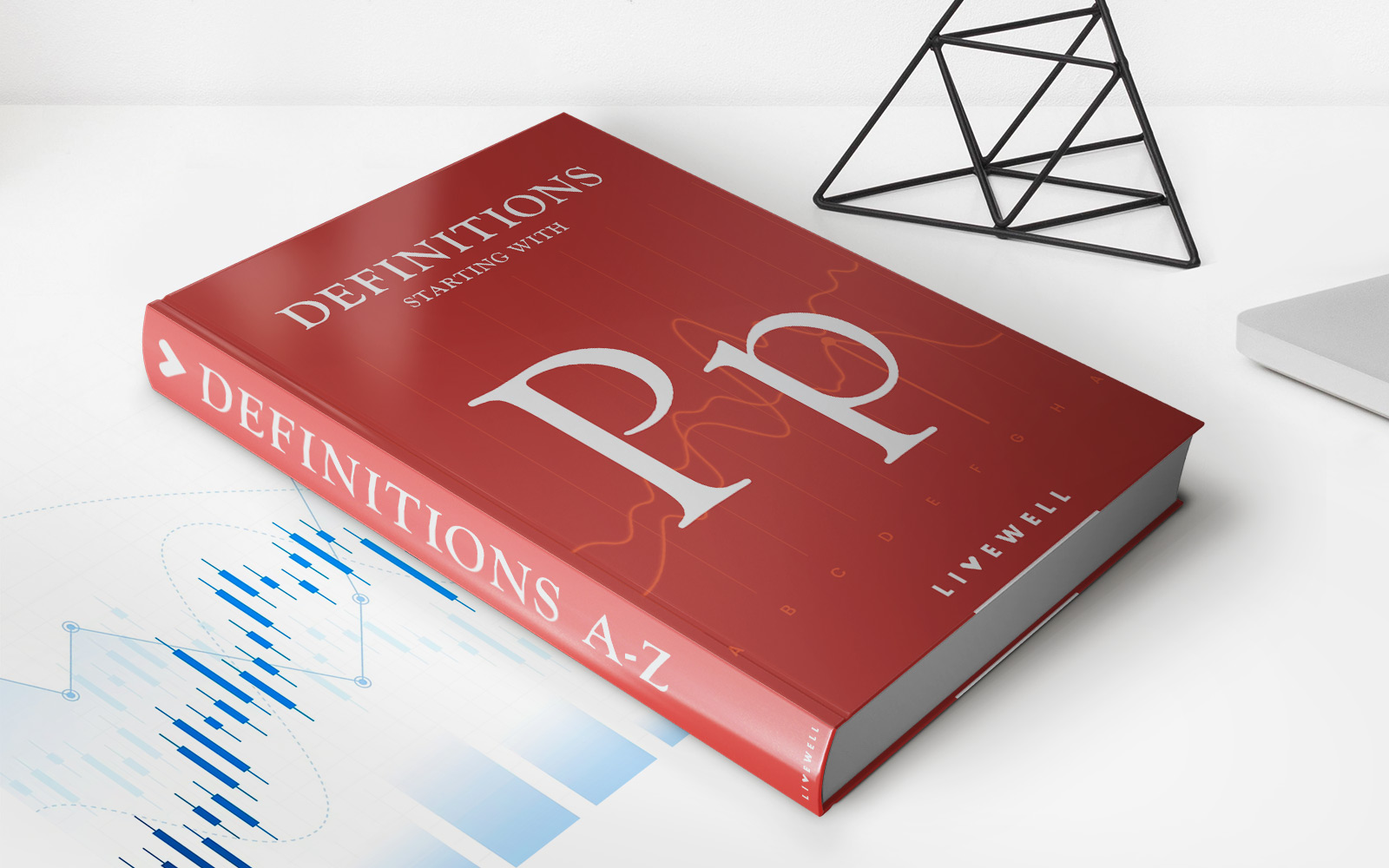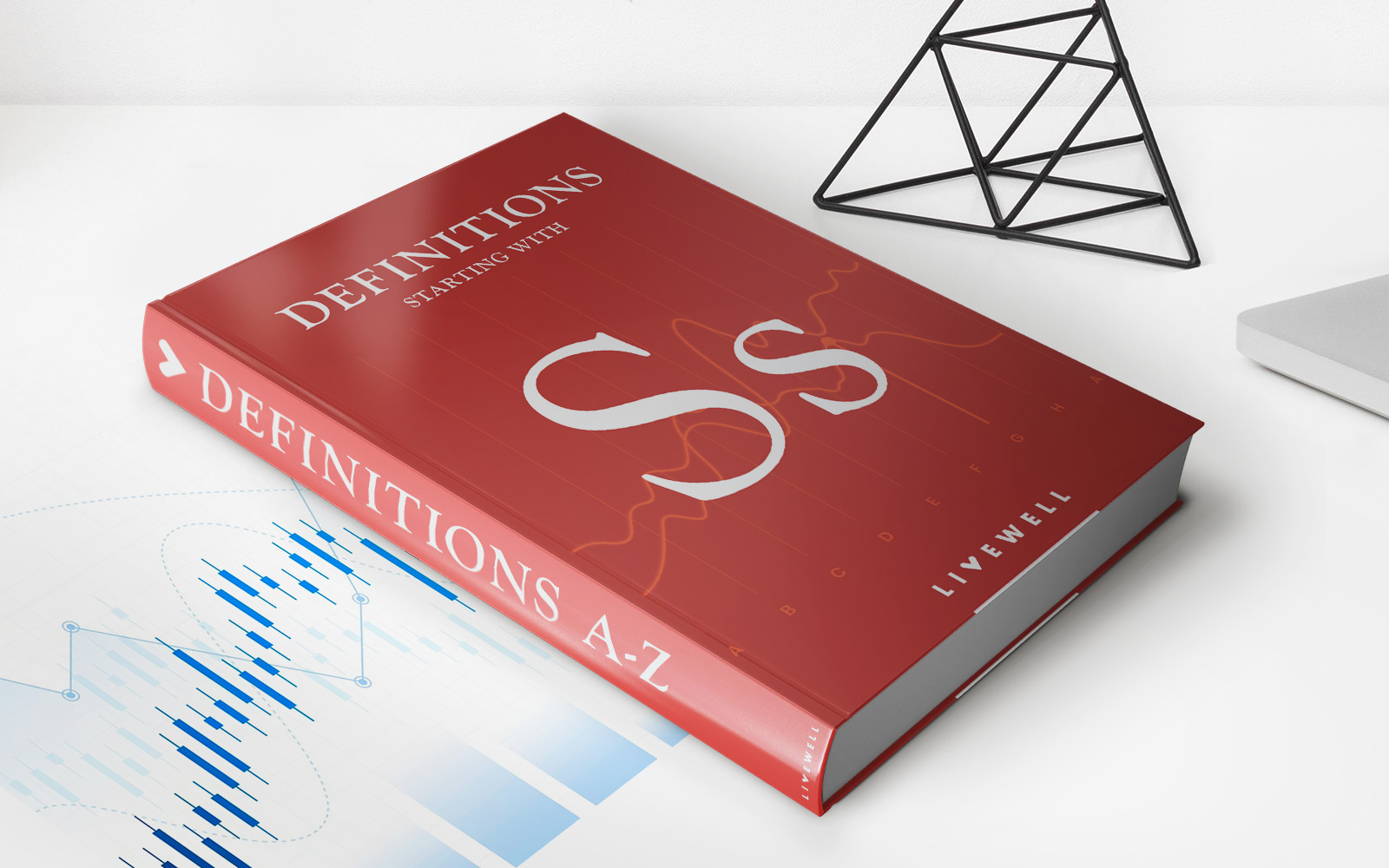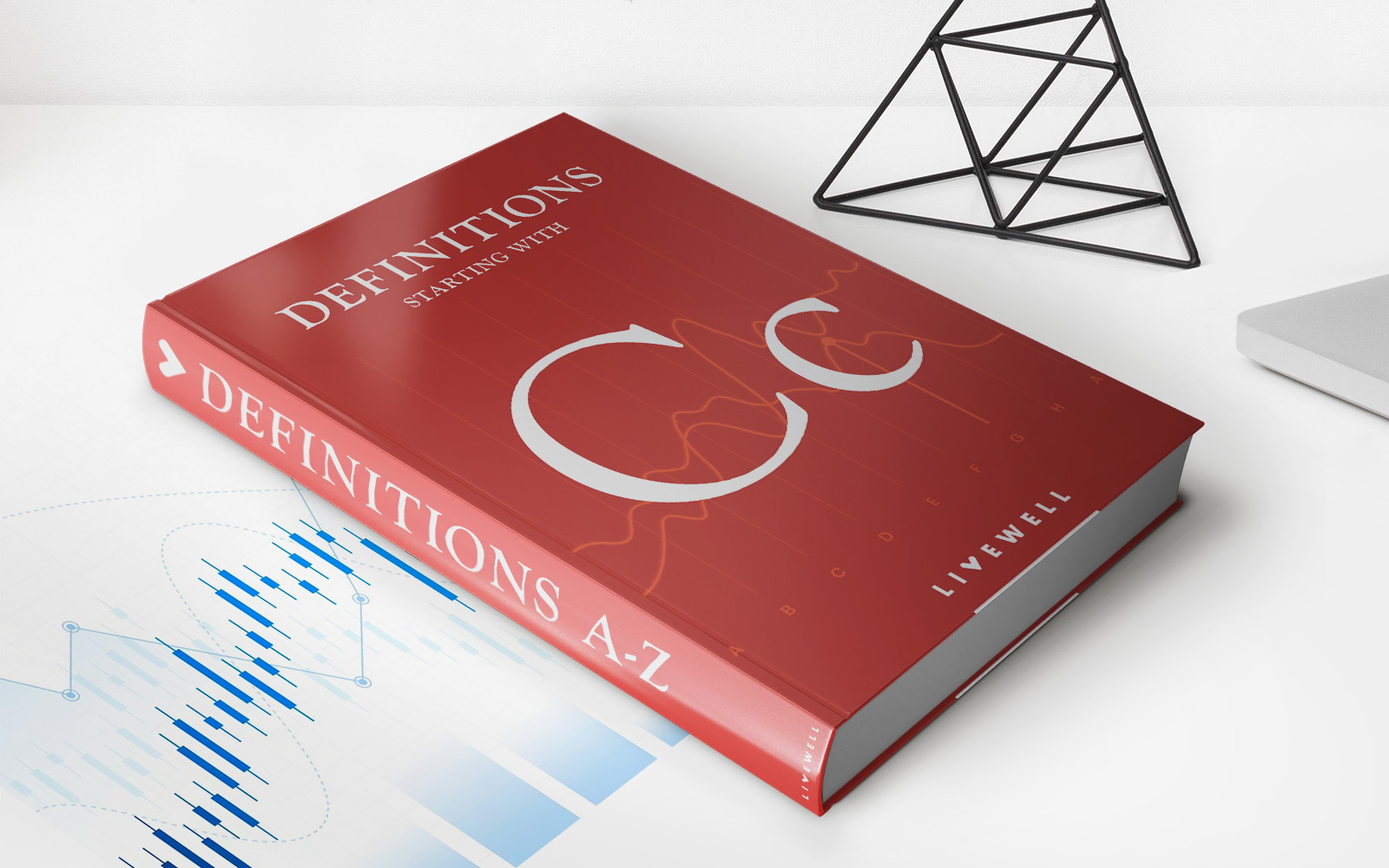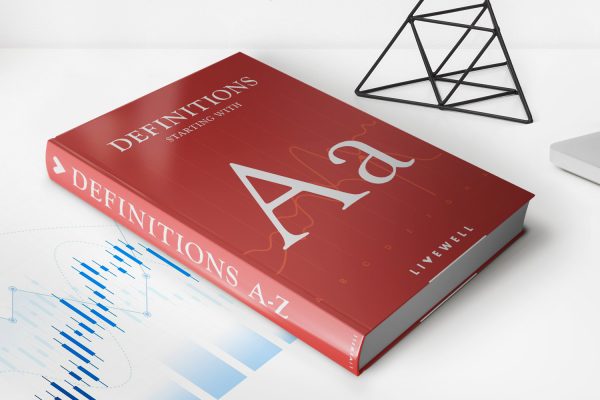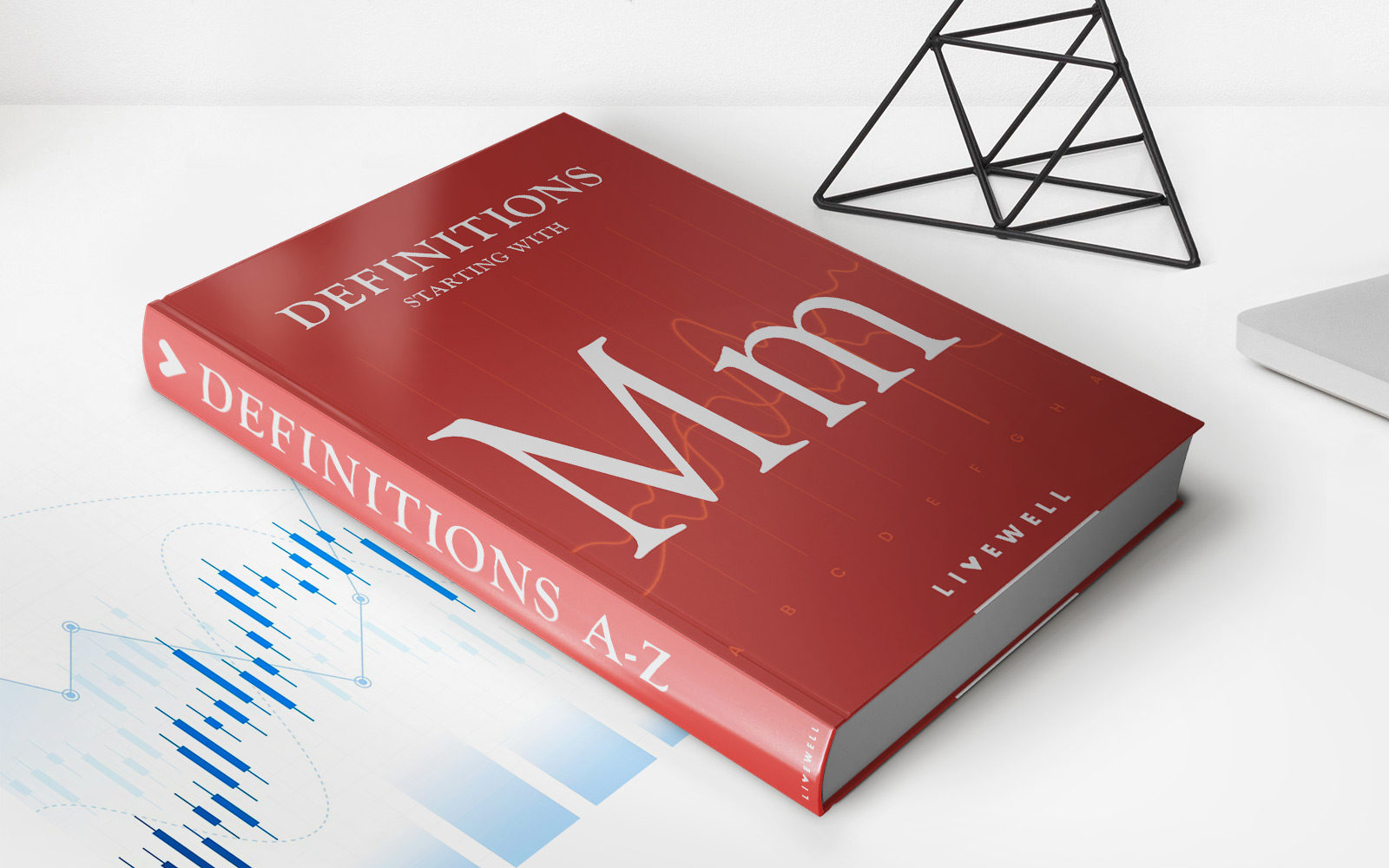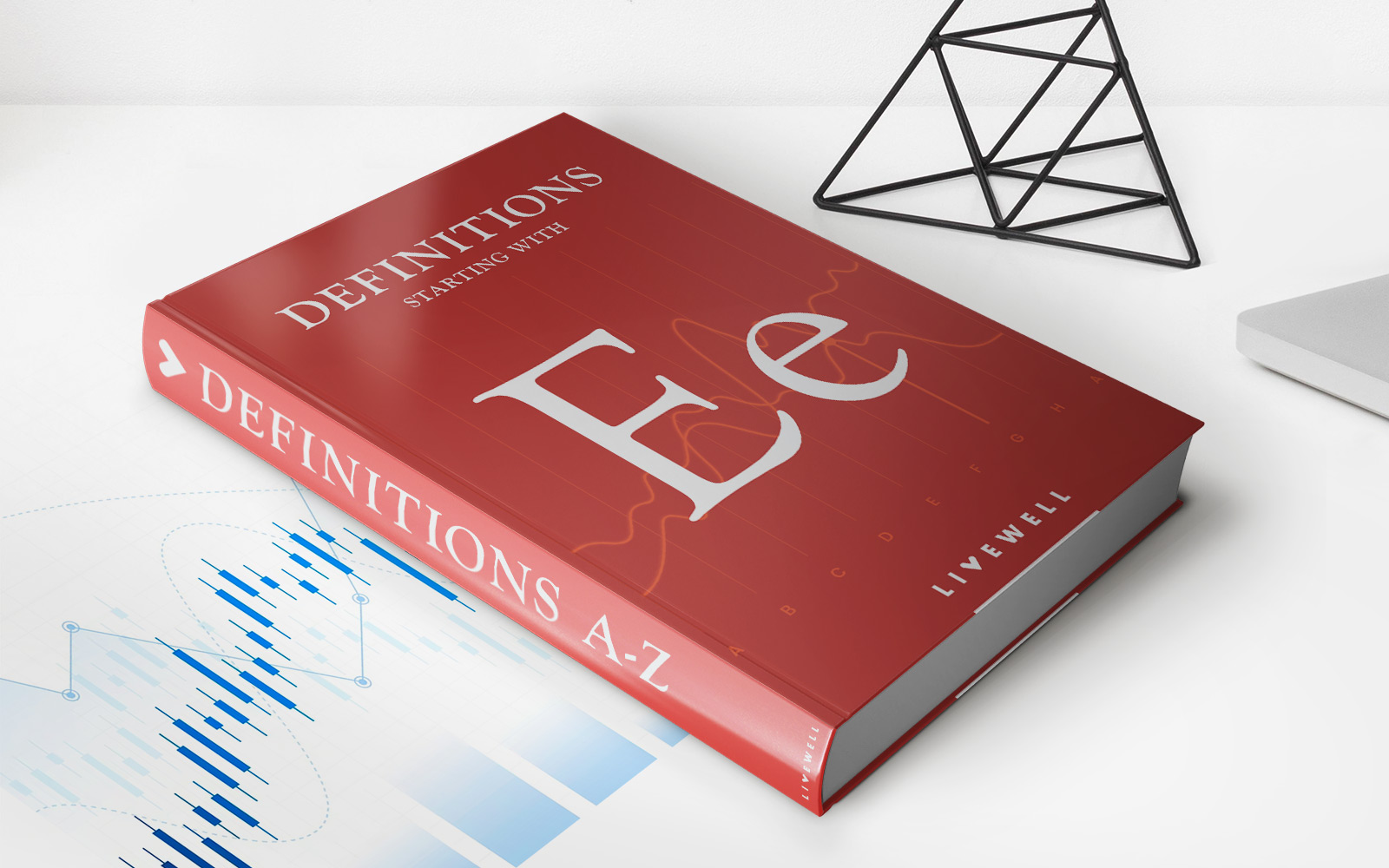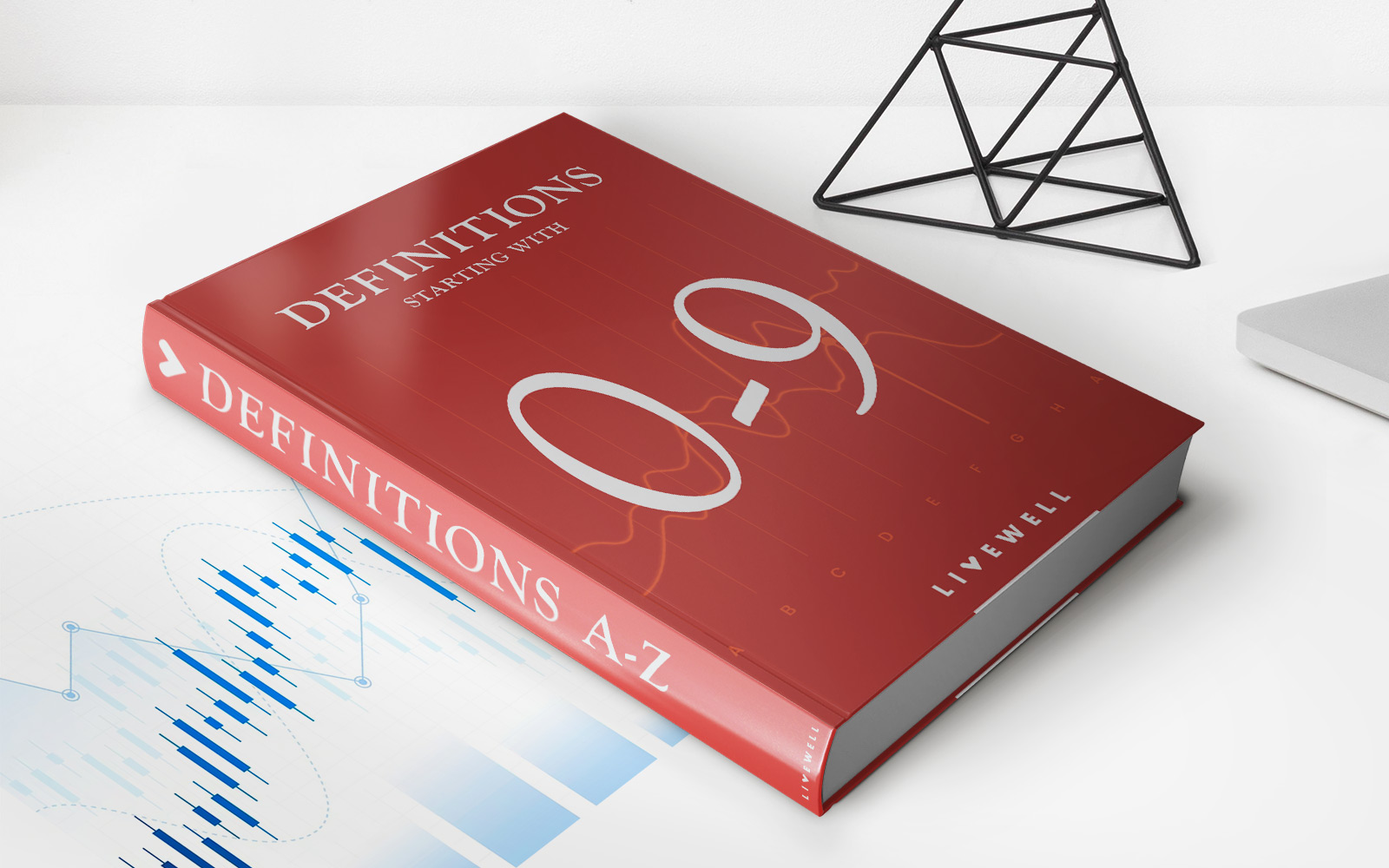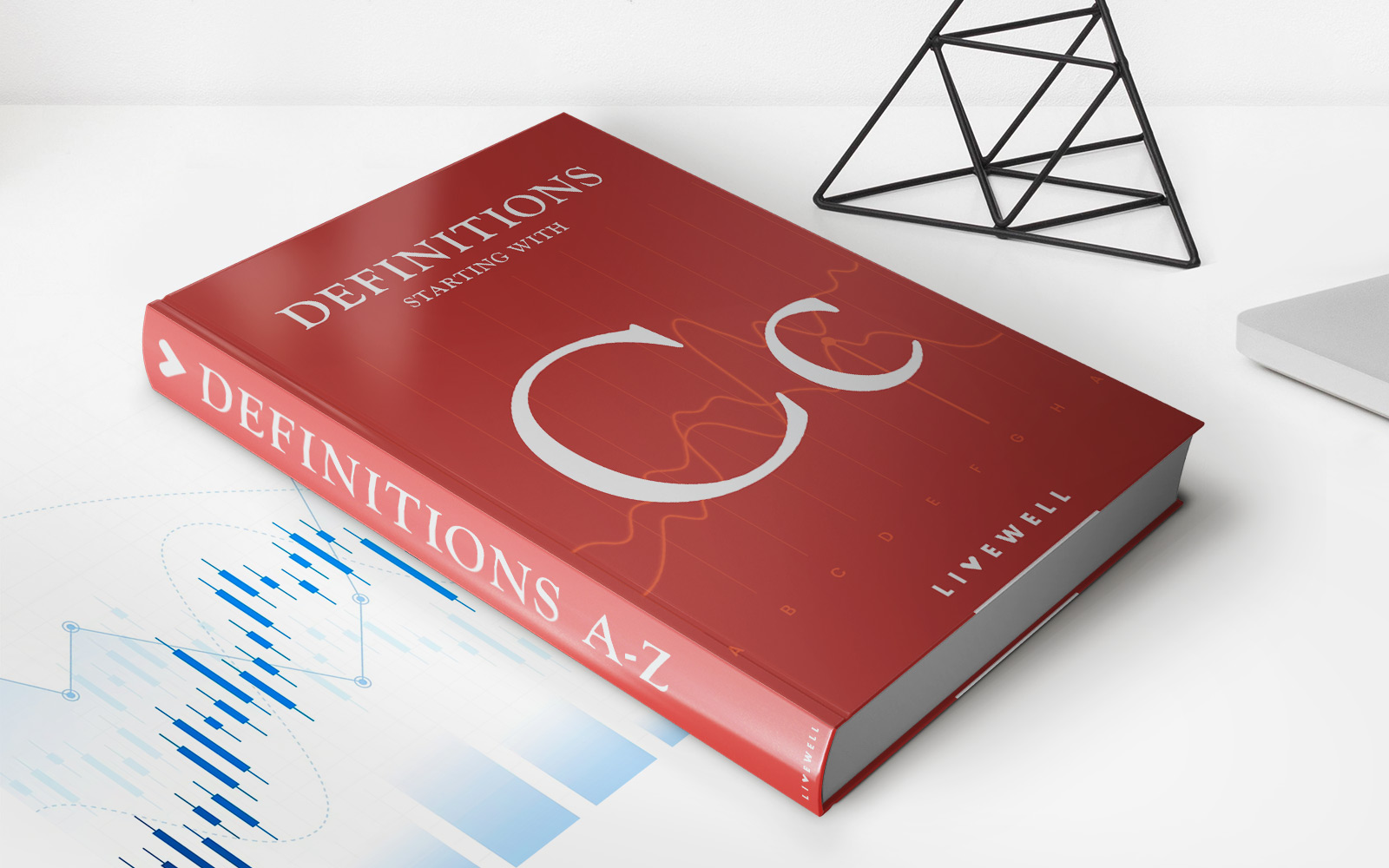Home>Finance>Hire Purchase Agreements: Definition, How They Work, Pros And Cons
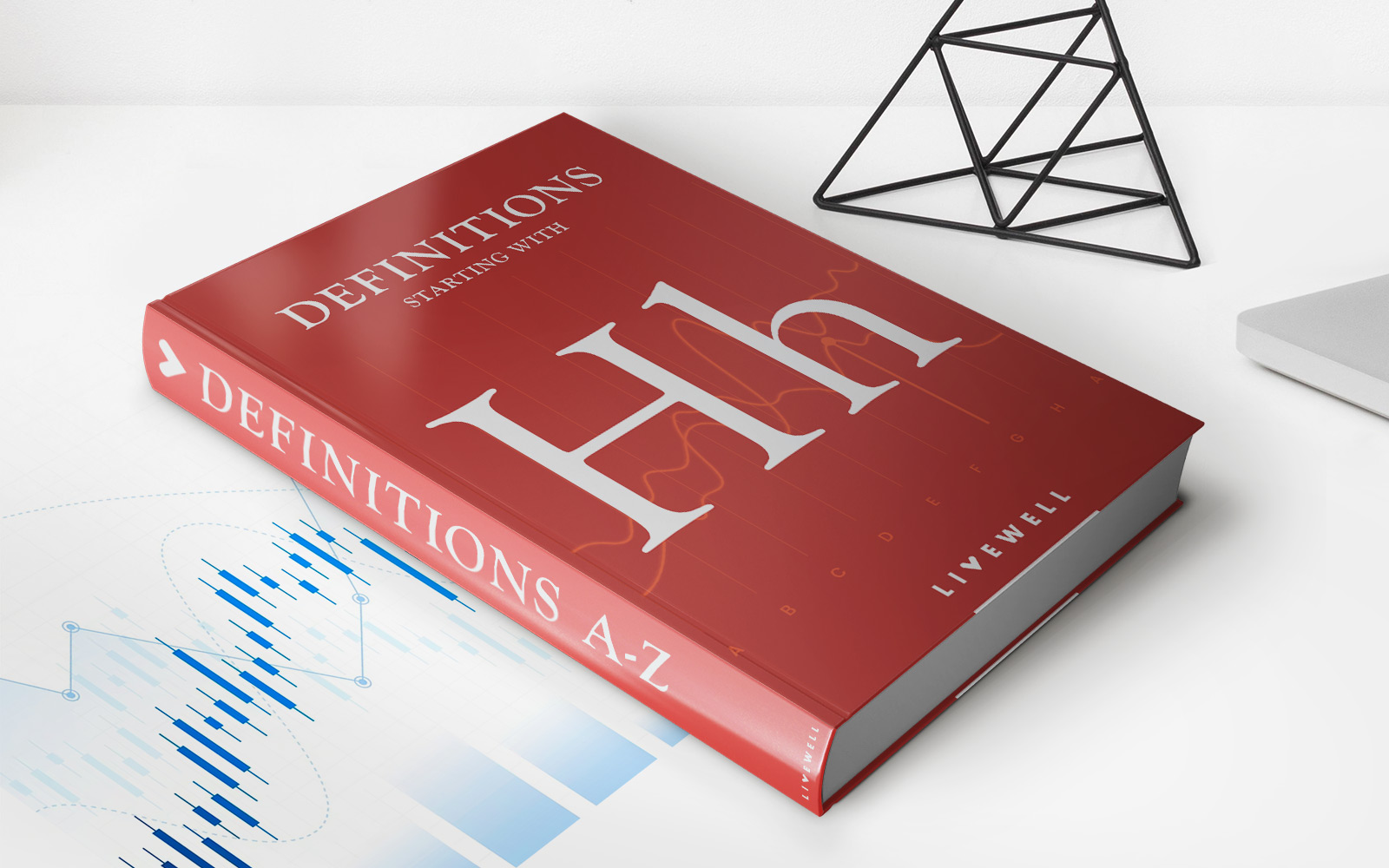

Finance
Hire Purchase Agreements: Definition, How They Work, Pros And Cons
Published: December 5, 2023
Explore the ins and outs of hire purchase agreements in finance. Learn the definition, workings, and weigh the pros and cons of this financing option.
(Many of the links in this article redirect to a specific reviewed product. Your purchase of these products through affiliate links helps to generate commission for LiveWell, at no extra cost. Learn more)
What is a Hire Purchase Agreement?
When it comes to financing a big-ticket purchase like a car or household appliance, many people turn to a hire purchase agreement. But what exactly is a hire purchase agreement and how does it work?
A hire purchase agreement is a type of financing arrangement where the borrower (the individual or business purchasing the item) hires the asset from the lender (typically a financial institution) for an agreed-upon period. During this time, the borrower makes regular payments to the lender, eventually owning the asset outright once the final payment is made.
Now, let’s dive deeper into how hire purchase agreements work by exploring the pros and cons of this financing option.
Key Takeaways:
- Hire purchase agreements allow individuals and businesses to make big-ticket purchases without needing to pay the full amount upfront.
- These agreements involve hiring an asset from a lender and making regular payments over an agreed-upon period until full ownership is achieved.
The Pros of a Hire Purchase Agreement
There are several advantages to choosing a hire purchase agreement:
- Flexible Financing: Unlike traditional loans, hire purchase agreements often offer flexible financing terms. Borrowers can negotiate the length of the agreement, the size of the down payment, and the repayment installments to suit their financial situation.
- Ownership: One of the main benefits of a hire purchase agreement is that it allows borrowers to eventually own the asset outright. This can be particularly beneficial for those looking to invest in vehicles or equipment for their business.
- Asset Availability: By opting for a hire purchase agreement, individuals and businesses can access high-value items they may not be able to afford outright. This enables them to benefit from the asset’s use immediately, without being faced with a significant upfront cost.
The Cons of a Hire Purchase Agreement
While hire purchase agreements offer numerous advantages, there are also a few potential downsides to consider:
- Higher Overall Cost: The flexibility of hire purchase agreements comes at a price. Interest rates on such financing can be higher compared to other forms of borrowing, resulting in a higher overall cost.
- Ownership Risk: Until the final payment is made, the lender technically owns the asset. If the borrower defaults on payments, they risk losing the asset and all the money already invested.
- Limited Modifications: Borrowers typically have limited freedom to modify or sell the asset during the hire purchase agreement period. This lack of flexibility may pose challenges for businesses that rely on regularly upgrading or selling their assets.
The Verdict: Is a Hire Purchase Agreement Right for You?
Ultimately, whether a hire purchase agreement is the right choice for your financial needs depends on your specific circumstances. Before committing to this type of financing, consider the following:
- Your ability to make regular payments over the agreed-upon term.
- The total cost of borrowing compared to alternatives like personal loans or leasing.
- The asset’s longevity and the potential for modifications during the hire purchase period.
By carefully weighing the pros and cons, you can make an informed decision that suits your financial goals and circumstances.
If you have any further questions or need advice regarding hire purchase agreements or any other finance-related topics, don’t hesitate to reach out to us. Our team of experts is here to help.
